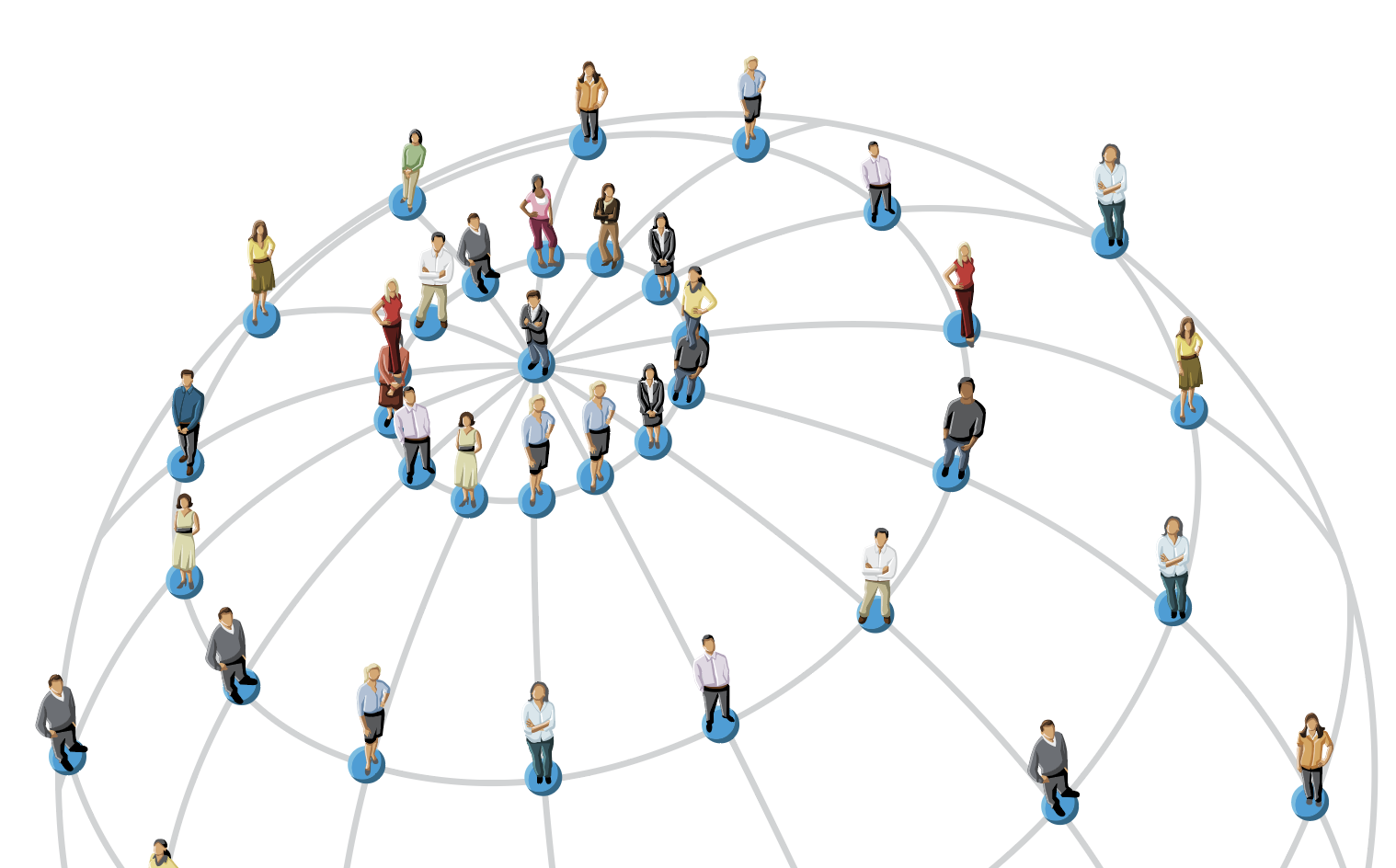Sleep is a crucial biological process. Humans need an average of 7-8 hours of sleep each night to operate at our best. However, studies suggest that up to 1/3rd of the population does not achieve this amount.
Lack of proper sleep is linked to many health conditions and can contribute to mood and cognitive issues. Poor sleep has been associated with high blood pressure (hypertension), elevated blood sugar (diabetes), and higher rates of depression. People who do not get good sleep also have an increased risk of heart attack, stroke, and certain types of cancer, and are more likely to get into a motor vehicle accident.
A growing number of scientific studies continue to show how poor sleep can negatively impact various biological systems. With more appreciation of just how vital sleep is for health and wellness, promoting the importance of getting adequate sleep is paramount for a healthy population across the globe.
Differences Cultures, Different Views
The view of sleep can vary around the world, with different cultural and environmental conditions shaping how people sleep. For example, in many cultures, working hard is understandably highly valued. At times there can be such a strong focus on productivity that it takes priority over getting enough rest. In some cultures, it may be seen as a positive quality if someone is clearly sleep-deprived. This can be viewed as a sign of a strong work ethic. However, people who are sleep-deprived are likely to have lower productivity levels and are more prone to making errors. We simply are not as sharp or efficient if we are not getting adequate healthy sleep.
Some cultures look favorably on napping and include it in their daily lives, while others may view it as a sign of laziness. In some regions, families sleep together in the same space while in other places they sleep apart. People in some parts of the world may be more at risk for sleep disorders such as sleep apnea, which can be a major detriment on sleep quality and health. There are also different levels of access to diagnostic and therapeutic options to treat sleep conditions.
While different populations across the globe may have different habits and views about sleep, no matter what part of the planet you live on, good sleep is integral to good health and well-being.
Trends Around the Globe
Increasingly, much of the world has been undergoing “globalization.” A greater percentage of the global population relies on artificial lighting to extend their wake time than ever before. Throughout the world, there is increased use of electronic devices at night. These increases in light exposure can contribute to the global health issue of inadequate sleep.
In addition, we now operate in a more global workplace and connect with friends and family in different parts of the world. Our natural sleep cycles (or circadian rhythms) are further disrupted, worsening sleep quality and duration as we interact across different time zones.
Growing Attention
Thankfully, awareness of sleep’s role in health has been increasing. Numerous groups across the globe are working hard to change the view of sleep and highlight its importance. This is exemplified by organizations such as the World Sleep Society, which is dedicated to advancing sleep health across the globe. Events such as World Sleep Day aim to bring the world together in awareness of the importance of sleep. Other groups, such as the nonprofit organization Project Sleep, have been formed to promote patient advocacy and awareness of sleep disorders. Technology, while often cited for its negative impact on sleep, can allow for better access to information on healthy sleeping habits and potentially provide better access to means to diagnose and treat sleep disorders.
The world today may seem divisive at times, with our differences often highlighted. But we are all much more alike than we are different. The importance of sleep for health is shared around the planet. Unfortunately, the large portion of the population not obtaining adequate sleep is also a commonality shared across the globe.
There is still a long way to go toward spreading awareness of the importance of sleep to health. A vast portion of the global population is not getting enough rest. Sleep disorders such as sleep apnea are often going undiagnosed. More studies are needed to help us understand sleep issues in varying populations across the planet. Different habits and cultural attitudes surrounding sleep need to be considered when designing and implementing interventions to promote healthy sleep.
Sleep remains a key target area to improve health worldwide. Optimism and hope for better sleep are abundant due to increased public and medical awareness of sleep health thanks to a growing number of individuals and organizations who have dedicated their time and resources to promoting sleep across the globe.
Dr Joshua Roland is a sleep medicine physician with the telehealth company Thirty Madison in Los Angeles, California. He has worked in sleep medicine for over five years.
References
Consensus Conference, P., et al., Joint Consensus Statement of the American Academy of Sleep Medicine and Sleep Research Society on the Recommended Amount of Sleep for a Healthy Adult: Methodology and Discussion. J Clin Sleep Med, 2015. 11(8): p. 931-52.
Liu, Y., et al., Prevalence of Healthy Sleep Duration among Adults–United States, 2014. MMWR Morb Mortal Wkly Rep, 2016. 65(6): p. 137-41.
Grandner, M.A., Sleep, Health, and Society. Sleep Med Clin, 2022. 17(2): p. 117-139.
Takahashi, M., Prioritizing sleep for healthy work schedules. J Physiol Anthropol, 2012. 31(1): p. 6.



